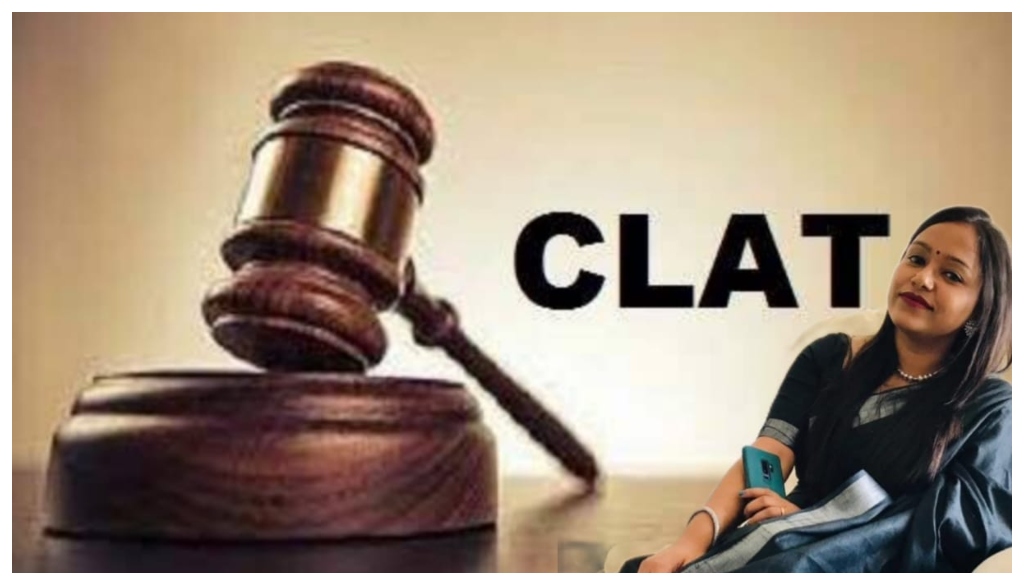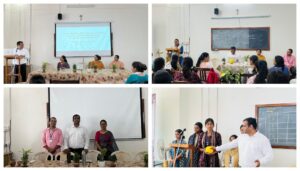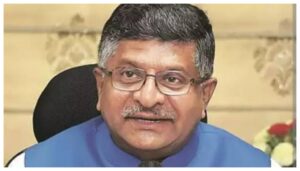
Suruchi Priya
The Common Law Admission Test (CLAT), the gateway to India’s premier National Law Universities (NLUs), has once again found itself under legal and academic scrutiny—this time for the 2025 undergraduate examination. A slew of errors in question framing, flawed answer keys, and inconsistent administration have triggered criticism from both courts and candidates.
Various questions stood at the center of the controversy. For example, question 77, involving a minor’s capacity to contract, was challenged as ambiguous. The Delhi High Court directed its deletion, deeming it beyond syllabus. The Supreme Court, however, overruled this, holding that it could be answered logically and awarded marks to candidates who selected the legally sound answer—“voidable agreement.”
In another case, Question 56 misinterpreted Article 51A(g) of the Constitution by suggesting only the State has a duty to protect the environment, ignoring the role of citizens. The Supreme Court corrected this, citing previous rulings.
These instances underscore a deeper malaise: the casual and error-prone administration of one of India’s most prestigious law entrance exams. The rotating model—where a different NLU conducts the exam each year has led to inconsistencies in planning, question-setting, and accountability. Unlike NEET or JEE, which are overseen by a permanent agency like the National Testing Agency (NTA), CLAT lacks a professional, centralized body, resulting in recurring flaws.
Beyond structural issues, the exam has suffered from technical glitches, last-minute schedule changes, opaque evaluation processes, and poor grievance redressal. A limited feedback mechanism further alienates students, reducing trust in the system.
What CLAT urgently needs is a structural overhaul. A permanent, autonomous body—similar to NTA—should be constituted to ensure continuity, professional management, and accountability. This must be complemented by a robust digital infrastructure, uniform procedures, transparency in marking and result declaration, and a structured feedback loop involving students and legal academics.
The Supreme Court’s suo motu intervention in the conduct of CLAT 2025 is more than just a legal rebuke; it is a call to action. India’s future legal professionals deserve a fair, transparent, and professionally managed examination. Anything less compromises both merit and justice.
(The writer is Research Scholar at Chanakya National Law University, Patna. Views expressed are personal)





